More times than not, when a turkey hunter tries to call in a gobbler, it doesn’t work. As frustrating as it is, that’s one of the reasons we keep coming back. If it was easy, we’d quit doing it. The challenge creates the fascination, at least in part.
That said, why don’t turkeys come to your calling efforts? It could be one of many different scenarios. Here are 18 reasons why gobblers don’t commit to your calling efforts.
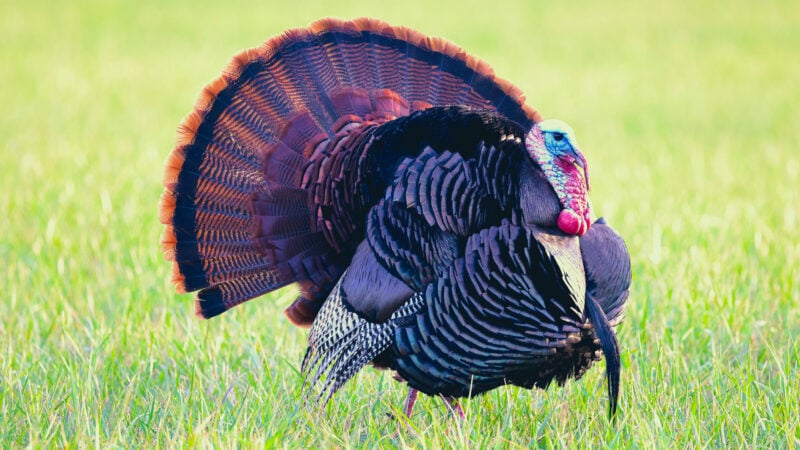
- You’re Trying to Reverse Nature’s Order
Most hunters don’t know it, but in nature, the hens go to the gobbling toms. Generally, the toms don’t go to the hens. This is the No. 1 reason why turkeys don’t come to your calls. The mere idea that you’re trying to bring a tom to you creates an immediate disadvantage.
- The Rhythm Ain’t Right
Just because you’re launching some yelps doesn’t mean they sound good. Cadence is everything with calling turkeys. If that isn’t right, they likely aren’t responding.
- You Sound Like a Turkey Caller
Modern turkey callers too often emulate other turkey callers rather than the real thing. Even some of our nation’s top championship callers make vocalizations during competition that real turkeys rarely, if ever, emit. So, listen to real hens in the wild, whether in person or in a video, to learn how to call.
- He’s Heard It Enough
Hunters who keep hunting the same areas time after time while using the same calls over and over will usually see diminished returns. It’s like that nagging girlfriend you had in college. She kept yapping, and eventually, you quit answering.
- He Got Hungry
Hens aren’t the only things on a gobbler’s mind. These animals need rest, food, and water, too. Food especially is important, as most longbeards don’t eat enough during the breeding cycle. So, sometimes, he just might need to feed. If that’s the case, find what he’s eating and camp out on it.
- You’re Too Far from the Action
It doesn’t matter how good you sound. If you’re too far from the birds, it isn’t going to work. Either they won’t hear you, or you won’t be close enough to stand out in their mind. Oftentimes, you need to be within 250 yards to bring a gobbler in.
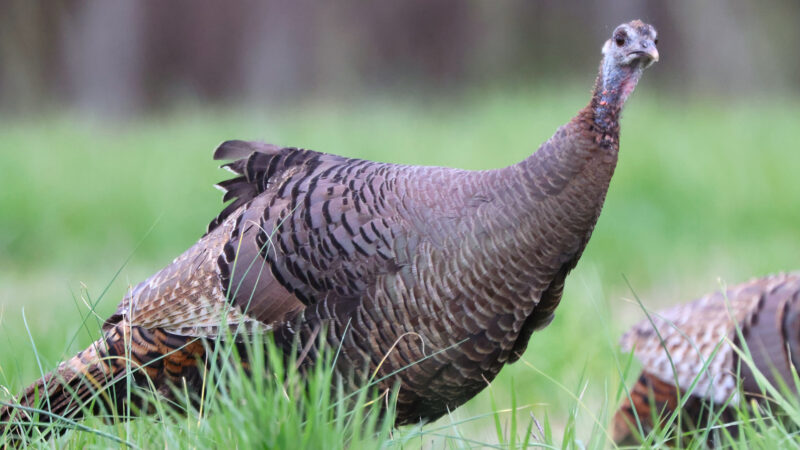
- Blind Calling Too Loudly
Blind calling works great, but only when done correctly. Starting out too loud can spook nearby birds, especially on calm days. So, start softly and increase volume if your calls receive no response.
- Blind Calling Too Softly
Continuing to blind call too softly can be equally detrimental to the hunt, especially on windy days and in rolling terrain. If turkeys can’t hear you, they can’t commit or respond. Again, gradually ramp up that sound as needed.
- Saying the Wrong Things
The various sounds within the turkey language all mean something. These differences in vocalization express different meanings and emotional responses. So, when you call, saying the right thing at the right time is important.
- Being Too Easy
Overcalling can make that gobbler think you’re an excited hen that’s coming to him. That can be good, especially if it gets him fired up. Sometimes, they come marching. Most of the time, they don’t, though. When you suddenly go quiet on him, it can make that turkey think the “hen” is leaving. Sometimes, this can cause them to panic and commit to your last known position.
- Trying to Outperform the Real Thing
Trying to call a gobbler away from his hens is a noble effort. When it works, a hunter feels mighty good about themselves. Generally, it doesn’t, though. Rather than trying to do that, consider circling wide around the flock and setting up where they are going.
- An Obstacle Is in the Way
Things of all kinds can keep a turkey from making it into range. Fences, ditches, drainages, walls of cover, and other obstacles commonly stop birds in their tracks. When setting up, try to make sure major obstacles aren’t halting a turkey’s approach.
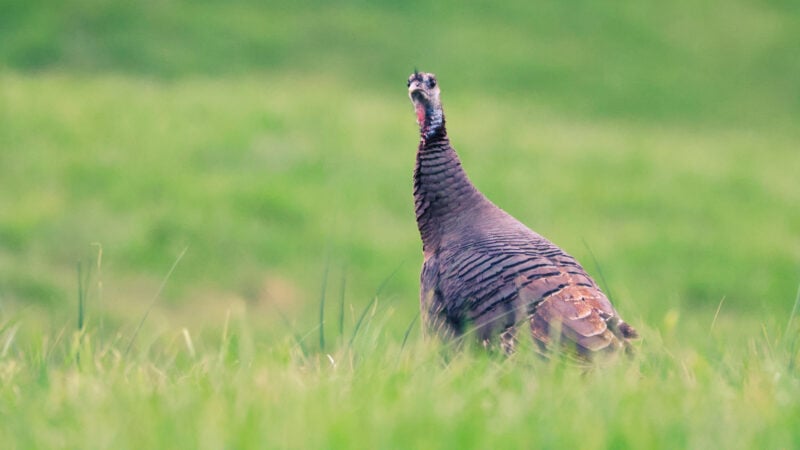
- A Predator Popped Out
As predator populations continue to increase, confrontations will, too. Sometimes, turkeys don’t make it within range because a bobcat, coyote, hunter, or other predator appeared. Turkeys are fickle creatures. They spook easily.
- A Hen Intercepted Him
Too often hunters keep a bird gobbling, only for a hen to intercept him. Again, that’s the natural order of things. Hens regularly get to toms before toms get to you.
- No Visuals to Back It Up
Turkeys might have small brains, but they aren’t completely dumb. If they don’t see a hen where they know one should be (i.e.: your calling location), they might bug out. That’s what makes decoys so important, especially when calling in open settings, such as fields.
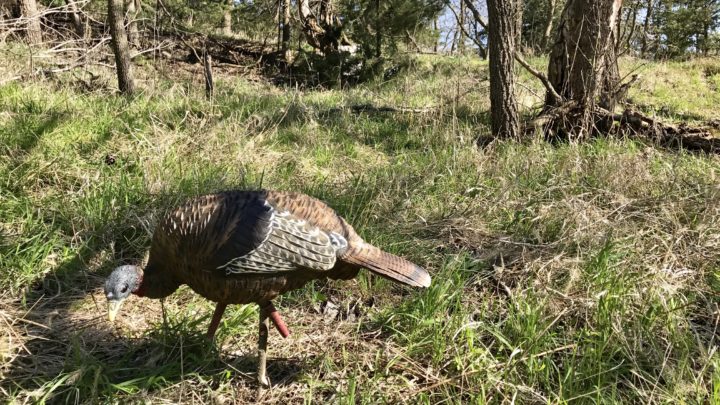
- Moving Way too Much
Turkeys have some of the best eyes in the world. They can pinpoint movement from many yards away. Moving too much will alert them to your position and end the hunt in a hurry.
- It’s Too Late in the Game
As it gets late in the breeding cycle, some gobblers might become uninterested with hens. At that point, it gets very difficult to lure them with hen vocalizations. Instead, you might be better off with three-noted gobbler yelps to get the boys back together.
- They’re Already Dead
Unless it’s opening morning, some gobblers are already dead. That’s a fact. So, the reason turkeys might not be coming to the call could be because you or someone else already killed them. That’s a cynical note to end on, but that’s hunting. Turkeys die. Hopefully you’re the one who killed them, though (tags permitting).
More than calling, turkey hunting is largely about being in the right place at the right time. Check out the video below for a look at how things played out for Tyler Barron with a well placed blind and decoy.

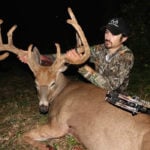 By
By 



